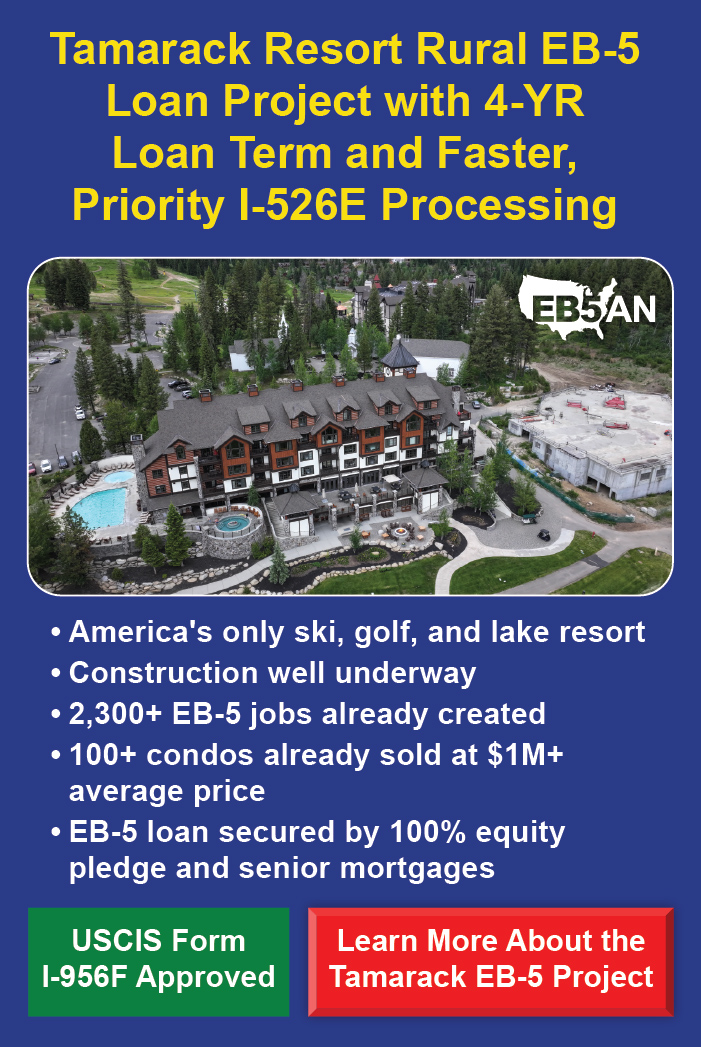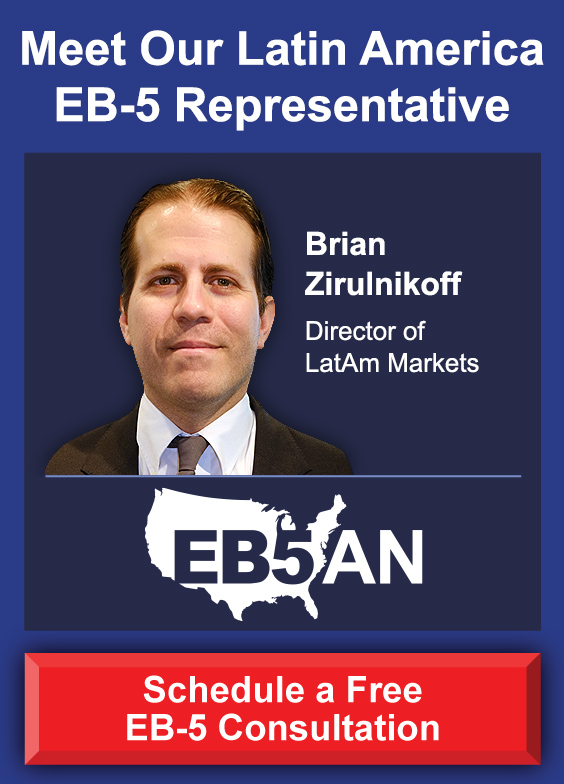Because EB-5 projects are engaged in private securities offerings, they are bound by the rules of the U.S. Securities and Exchange Commission (SEC). For developers, abiding by these regulations is vital, particularly as it relates to broker-dealer relationships.
The Securities and Exchange Act of 1934 defines broker-dealers as entities engaged in trading securities and requires such entities to be accredited with the SEC and any appropriate state securities regulators.
Avoid Unregistered Broker-Dealers
With the growing popularity of the EB-5 Program in recent years, a number of individuals and organizations have begun to engage in unregistered broker-dealer activities—a lucrative but illegal form of fundraising. Known as finders, these entities solicit investments from foreign nationals interested in the EB-5 Program. Developers and regional centers, however, are prohibited by the SEC from paying such finders any commissions or finders’ fees.
If a developer or regional center uses a finder to solicit investments and that finder is deemed by the SEC to be an unregistered broker-dealer, investors may gain the ability to cancel their investments by exercising their right of rescission. If investors exercise their rescission right, the securities issuer, in this case the NCE, would be required by law to return the investors’ capital.
How to Remain Compliant
In order to remain SEC compliant, developers and regional centers cannot use finders to solicit, negotiate, or sell securities. Furthermore, developers and regional centers should not engage the services of any finder with a history of executing securities offerings or that is involved in other offerings. Compensating a finder on a transactional basis is indicative of broker-dealer activity, and to engage an unregistered entity in this way puts the developer and/or regional center at risk.
SEC regulations apply to entities within the U.S. and its territories. An entity may legally engage in what the SEC would consider unregistered broker-dealer activity in other nations as long as such activity complies with that nation’s laws.











